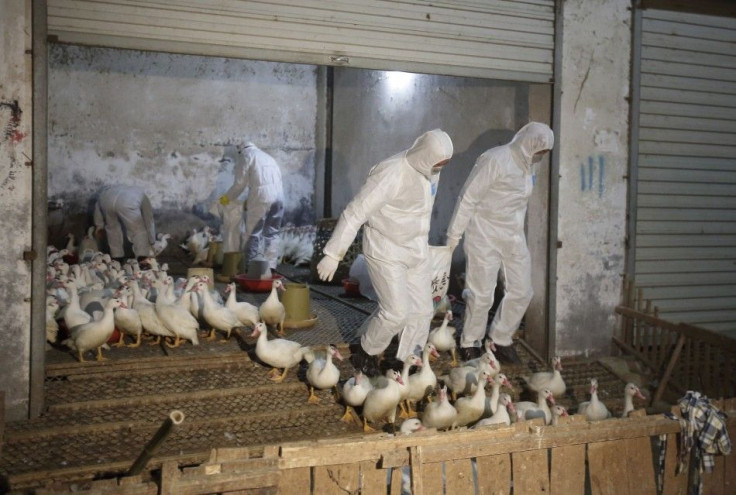1 Dead from H5N1 Bird Flu Infection in Canada, 1st in North America

At least one person has died in Canada from the fatal H5N1 avian influenza infection, the first ever also from the entire North America. The victim succumbed to the disease after recently travelling to Beijing, China in December 2013.
The victim who hailed from Alberta began feeling sick on Dec 27 on a return flight from Beijing aboard Air Canada flight 030. Admitted to the hospital on Jan 1, the person died Jan 3.
Dr Gregory Taylor, deputy chief at the Public Health Agency of Canada, said the person was found travelling with two other companions. The latter are currently under vigilant monitoring for the following 10 days to see if they contradicted the disease from the victim. Symptoms generally appear within two to five days.
Some of these symptoms could include fever, malaise and headache.
The Albertan however showed no respiratory symptoms, which are common in H5N1 infections, despite lab tests confirming it was the H5N1 virus that infected the person.
Dr Taylor however said there still remains "no evidence" the disease was transferred through human-to-human contact.
On this note, Canada has yet to issue travel advisories for China.
"The risk of getting H5N1 is very low," Rona Ambrose, Canadian Health Minister, said on Wednesday in Ottawa. "This case is not part of the seasonal flu, which circulates in Canada every year."
"The illness [H5N1] causes in humans is severe and kills about 60 per cent of those who are infected," Dr Taylor said.
"No other illnesses of this type have been identified in Canada since the traveller returned from China. This is an isolated case."
So far, the individual's family members have not shown any signs of illness.
There have been 648 lab-confirmed human cases of H5N1 flu reported in 15 countries since 2003. According to the World Health Organization, 384 people have died from H5N1 over the last decade. In 2013, there were 24 deaths from the infection.
H5N1 is commonly found in birds, mainly poultry, in Asia, Europe, Africa and the Middle East.






